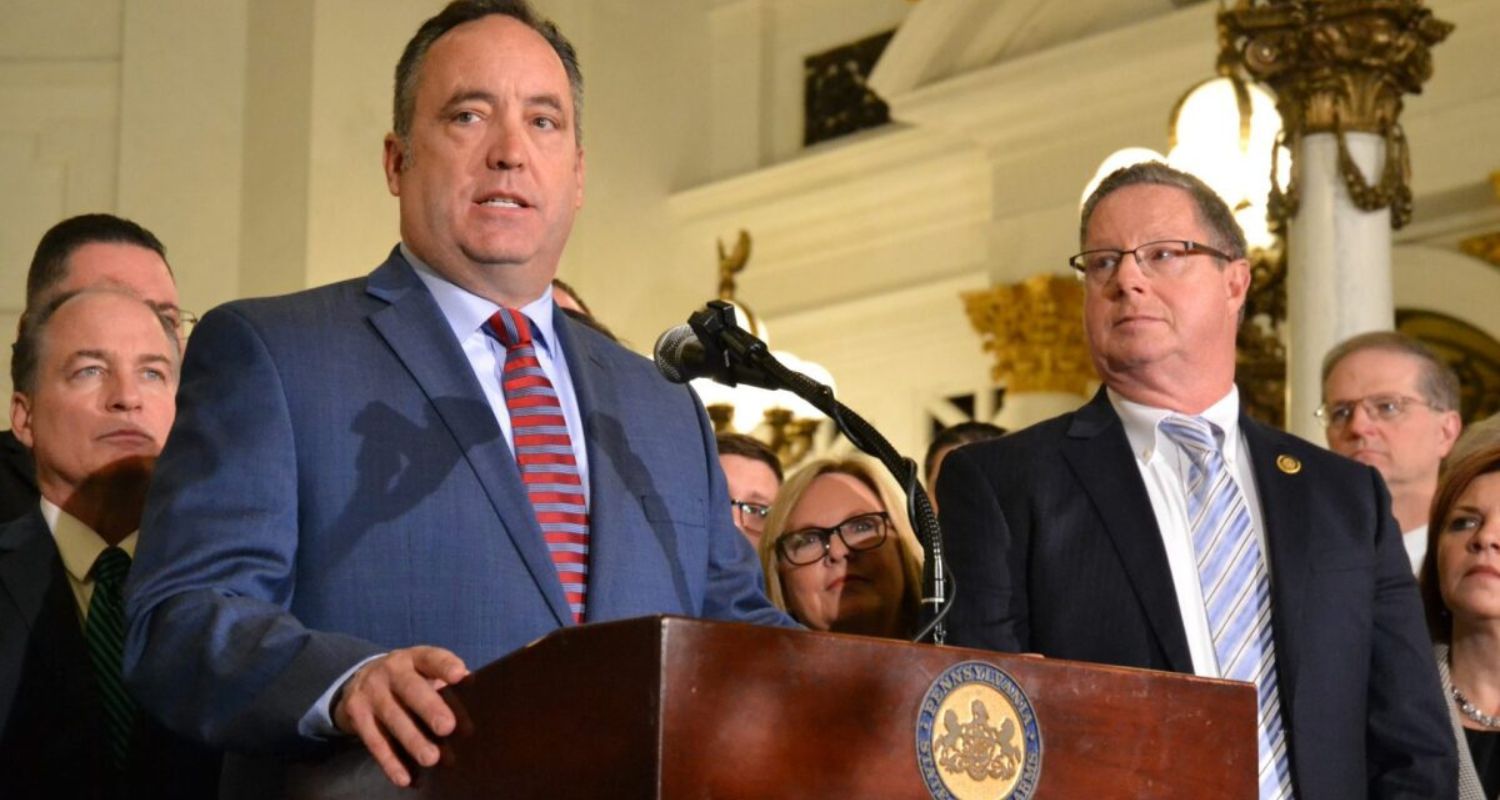The Senate Education committee convened to deliberate on proposals presented by Senate Republicans aimed at tackling challenges within Pennsylvania’s higher education system, such as declining affordability and enrollment.
The legislative package serves as a counterpoint to Gov. Josh Shapiro’s proposal, targeting similar underlying issues through different strategies. Pennsylvania currently ranks among the lowest states in terms of higher education affordability and funding per student.
Senator Scott Martin (R-Lancaster) emphasized the primary objective of the bills: retaining young talent within Pennsylvania. The proposed measures aim to incentivize Pennsylvania’s youth to pursue education and careers within the state, particularly in high-demand industries.
The Republican bills entail augmenting grant and scholarship funding for students through the expansion of existing programs and the establishment of new ones. Emphasis is placed on directing financial support to students pursuing careers in critical sectors such as teaching, healthcare, agriculture, and law enforcement.
In contrast, Shapiro’s proposal advocates for a 15% increase in funding for state universities and community colleges. Additionally, it proposes capping tuition fees at $1,000 per semester for in-state students from families earning approximately $70,000 or less annually.
Furthermore, it suggests consolidating the administration of community colleges and institutions within the Pennsylvania State System of Higher Education, a proposition met with opposition from Republicans.
Jason Thompson, spokesperson for Senate Appropriations chair Martin, elucidated the distinction between the approaches, highlighting the Republican package’s alignment with the demands of high-demand industries.
Senator Lindsey Williams (D-Allegheny), the minority chair of the Senate Education committee, expressed reservations about grants tied to specific fields of study, citing concerns about students changing majors.
Nathan Hench, senior vice president of public affairs at the Pennsylvania Higher Education Assistance Agency (PHEAA), underscored the importance of flexibility in program design, allowing for variations in student experiences and granting administrators discretion in awarding grants.
Both Republican and Democratic legislators recognize the need for collaboration to address challenges in the higher education system, with shared objectives including the establishment of a performance-based funding framework for state colleges and universities.
The proposed Grow PA bill package is slated for consideration by the Senate Education committee, marking a step towards potential legislative action to enhance Pennsylvania’s higher education landscape.

